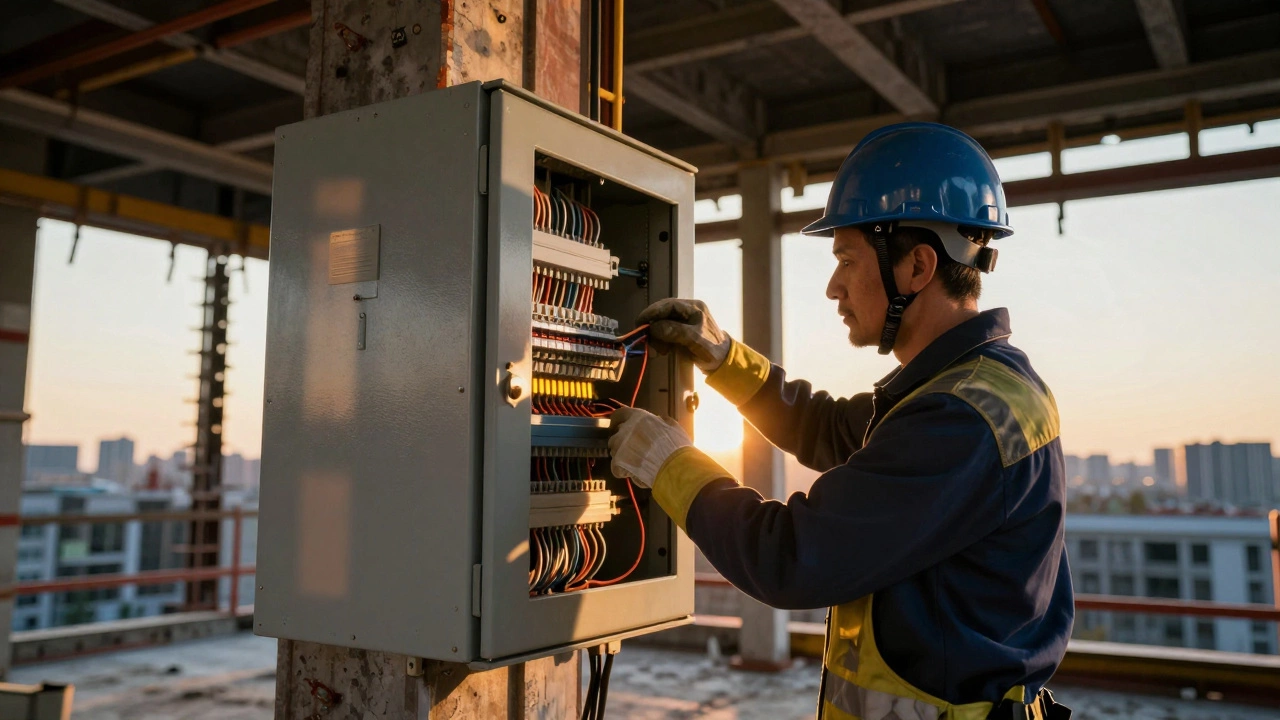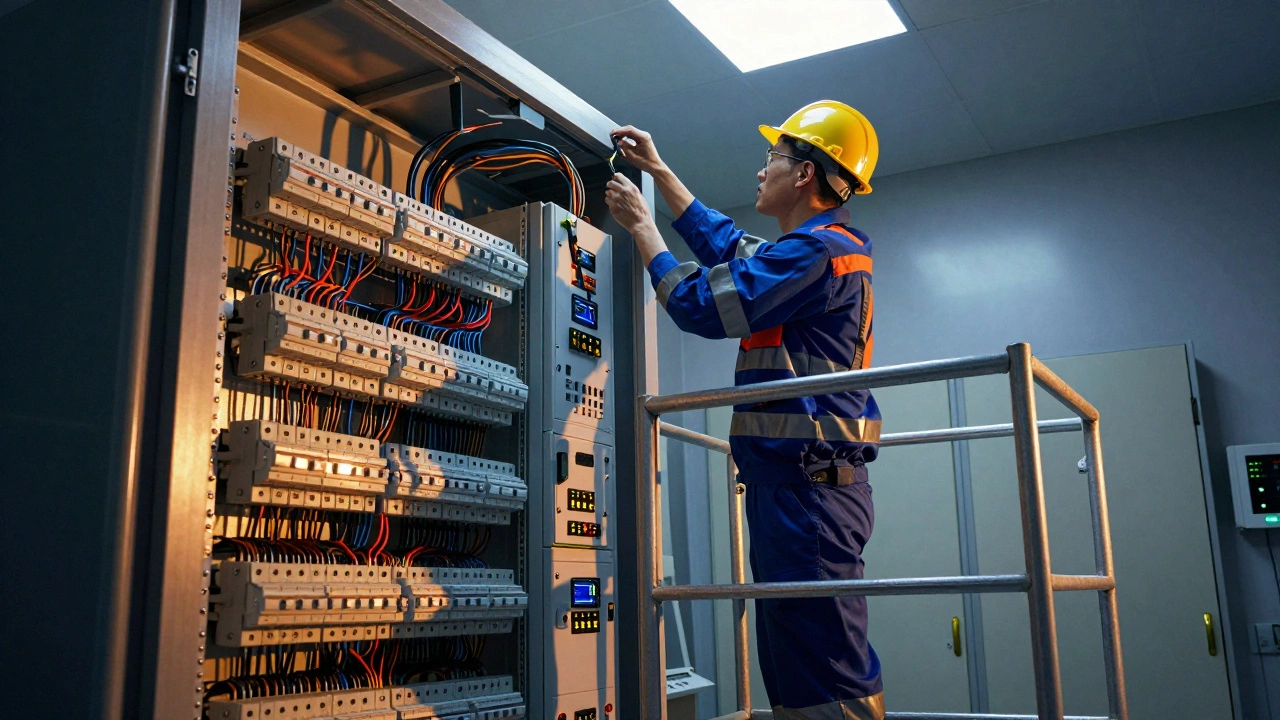Construction Careers – Choose the Right Trade and Earn More
Thinking about a job on a building site? You’re not alone. Thousands of people switch to construction each year because it offers steady work, decent pay, and the chance to see tangible results every day. But not every trade is created equal. Some roles pay more, some wear you out less, and a few open doors to management fast. Let’s break down what matters most so you can pick a path that matches your goals.
What Makes a Trade the Best?
When we talk about the “best” trade, we look at pay, training time, job security, and how tough the work is on your body. For example, electricians and HVAC technicians often earn higher wages than general laborers, and they usually need about four years of apprenticeship before hitting full speed. Plumbers sit in a similar spot – they earn solid pay, enjoy strong demand, and the work isn’t as physically brutal as some heavy‑lifting jobs.
On the flip side, trades like bricklaying or concrete finishing can be hard on the knees and back, and they often pay less on average. If you love working with your hands but want to avoid constant heavy lifting, look at roles that involve more precision than brute force, such as wiring, piping, or equipment installation.
Another factor is how quickly you can start earning. Some apprenticeships pay a modest stipend, but the moment you’re certified, you can command a full wage. In many parts of the UK, a certified electrician can earn £30‑£40k a year, while a senior carpenter might sit around £25k. The numbers shift with location and experience, but the pattern holds – skilled trades that require certification usually pay more.
Highest Paying Jobs on a Construction Site
If you’re aiming for the biggest paycheck, consider moving up the ladder into supervisory or specialist roles. Construction managers, site supervisors, and project engineers top the salary list. A seasoned construction manager can pull in £60k‑£80k, sometimes more on large commercial projects.
But you don’t have to start there. Many high‑pay roles begin as skilled tradespeople. Master electricians, senior plumbers, and lead HVAC technicians often earn six‑figure salaries once they’ve built a reputation and take on overtime or contract work. The key is to keep learning, get the right certifications, and look for opportunities to lead small teams.
Another tip: specialize in emerging areas like sustainable building, solar panel installation, or smart‑home wiring. These niches are growing fast, and the demand for qualified workers is outpacing supply, which pushes wages higher.
So, where do you start? First, figure out what interests you – is it working with electricity, pipes, or maybe managing people? Then, find a reputable apprenticeship program or trade school in your area. Ask current workers about their day‑to‑day tasks and how they see the career progressing. Finally, set short‑term goals: get certified, take on a small leadership role, or add a new skill each year.
Construction isn’t a one‑size‑fits‑all career, but with the right trade and a clear plan you can earn well, stay busy, and avoid the worst physical strain. Ready to pick a path? Dive into the articles below for deeper insights on the best trades, top‑paying jobs, and real stories from people already on the job site.






